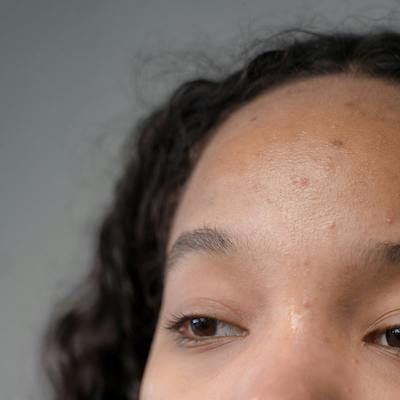Article
Study Details Patient Perspectives on Health Care and Chronic Hand Eczema
Author(s):
Investigators suggest that improvements to care could be made based on experiences and recommendations from patients with chronic hand eczema.
Marie Schuttelaar, MD

A new investigation from The Netherlands into hand eczema suggested that more information should be shared regarding causes and final diagnosis.
In addition to focusing on treatment, investigators also recommended more discussions be had regarding the psychosocial implications of the condition as well as the potential of peer support.
The inflammatory skin disease is said to have a 1-year prevalence of up to 10% of the general population. Often chronic, hand eczema has been linked to functional impairment in the work and daily activity of affected patients.
Despite this, no previous study had focused specifically on patients’ perspectives on the quality of care afforded to chronic hand eczema in a tertiary referral center.
As such, investigators led by Marie Schuttelaar, MD, Department of Dermatology, University Medical Center Groningen, explored these perspectives and experiences regarding health care provided for chronic hand eczema via the outpatient clinic of the University Medical Center Groningen.
The Methods
In order to collect data on patients’ perspectives and experiences regarding chronic hand eczema, the team utilized a qualitative design with focus groups.
During these focus groups, participants were encouraged to discuss their condition through asking questions, exchanging anecdotes and commenting on individual experiences.
The investigators hypothesized that the focus groups would reveal unexpected dimensions and topic of interest regarding the disease when compared to individual sessions.
Eligible participants were required to have been diagnosed with chronic hand disease and had undergone their diagnostic phase and follow-up at the UMCG, who also followed their current therapy for at least 3 months.
A total of 19 adults with chronic hand eczema were eligible for inclusion. However, 15 were willing to participate in the interview segment of the study.
Schuttelaar and colleagues would divide participants into 4 focus groups, 1 which used only topical treatment, 2 groups that received systemic treatment, and 1 mixed group. Group size ranged from 3 to 5 participants.
A total of4 semi-structured focus groups were held between July and October 2020.
The Findings
The analysis generated a total of 5 themes: diagnostic phase, providing information, patient-professional communication, psychosocial support, and treatment and follow-up
Regarding diagnosis, 3 participants were uncertain about their diagnosis, while 2 participants felt it would be of value to increase the focus in the diagnostic phase to the different causes of hand eczema.
For the “providing information” theme, half of all participants reported that they had not received consultation or information from a specialized nurse, adding that information on the disease was of added value.
Few participants reported a need for practical advice, and no exact preference was noted between test results and online reporting.
The investigators observed that time and attention, as well as being listened to and understood, were of utmost importance among participants in the study.
A total of 12 participants experienced having had sufficient time and attention during visits. This, together with being listened to and understood by the health care professional, was considered some of the most important aspects of care regarding chronic hand eczema.
Regarding psychosocial care, 11 participants mentioned the disease having significant effects on their daily lives and social activities, with a select number of patients noting that they had considered ending their lives due to the burden of chronic hand eczema.
Investigators suggested research be conducted in larger, multi-center studies in additional to non-tertiary referral hospitals to evaluate if the experiences in the current study were generalizable in broader patient populations.
“Further studies could also investigate the improvement of care after the implementation of the recommendations for daily practice discussed in the current study, in which psychosocial support should be of particular concern,” the team wrote.
The study, “Patients’ perspectives on quality of care for chronic hand eczema: a qualitative study,” was published online in Contact Dermatitis.





